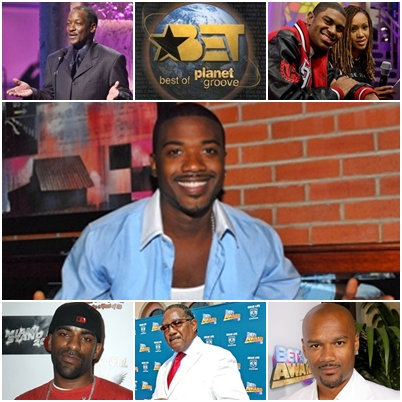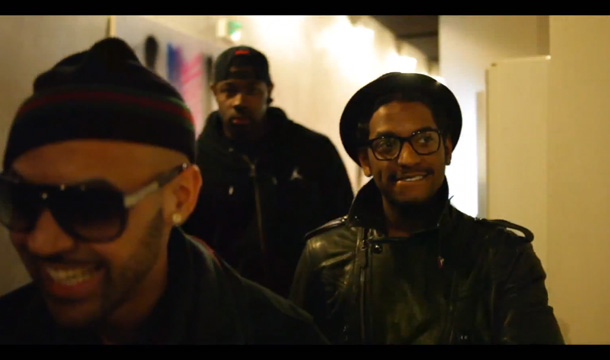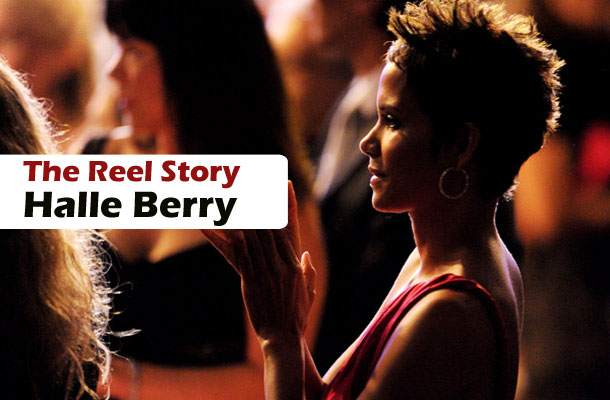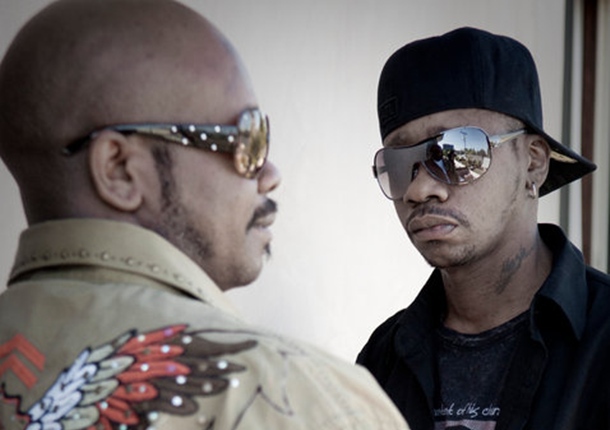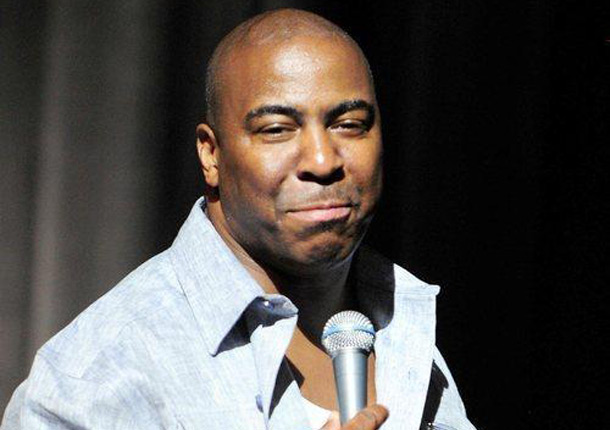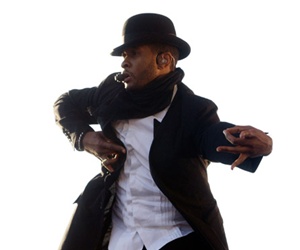Do you remember the time when you could just turn to Video Soul or Yo! MTV Raps to get your fill of the hottest new videos from your favorite artists? The reality in today’s Music Television world is that classic music video countdown shows are becoming extinct. They are like Windows 95, nobody is running them anymore. When even the new age cult classic Total Request Live or TRL has closed its doors and the last man standing is 106 and Park, it is clear to see that times are a changing. By the time the transition is complete our music television channels will become reality show hubs with only glimpses of videos between the shows, referring you to the website for the full length version (which is exactly what MTV does now). But what brought the demise of the music video on television era? Hop in the time machine with me as we retrace the roots of these popular shows because you don’t know where you’re going until you know where you’ve been.
Born January 1, 1981- Died September 1, 1996: Created in the early 80s as a place of refuge for African American viewers and exposure for African American artists, Video Soul was the place to go to find ones favorite R&B/Soul video as MTV refused to play most videos by African Americans(in its beginning). What originally began as a half hour show expanded to 2 hours in June 1983 and its most memorable host, Donnie Simpson, took the helm. Donnie Simpson was like everybody’s family member. He had those light brown eyes and that infectious laugh that just reminded you of somebody in your family. Video Soul was the beginning of the music television show era, in that it did more than just play videos. Throughout its tenure Video Soul can be marked as having “surprise guests” bringing groups back together, and many new artists had their first interview on the show. Video Soul was also the first type of show to have a video countdown with its Video Soul top 20 countdowns that only aired on Fridays. A call in your vote style of the show “Video Soul by Request” aired on Saturdays. Video Soul was a hit, but the star soon faded to a close in the mid 90s. However they did set the tone for what a music television program should be and as a result was the inspiration for shows with similar formats.
Not to be left out MTV created Yo! MTV Raps which first aired on August 8, 1988 and ended August 17, 1995. The show was hosted by Hip Hop veterans Doctor Dre’ and Ed Lover, and featured famed visual/graffiti artist Fab 5 Freddy. The pilot episode was guest hosted by Run DMC and featured such guests as DJ Jazzy Jeff and The Fresh Prince had the highest ratings on the network at the time. Most noted for bringing Hip Hop from the streets of the inner-city into living rooms around the world, “Yo!” gave viewers a high concentration of hip hop and not unlike Video Soul, featured in live interviews, in studio performances, and of course Hip Hop videos. Not to be without controversy as the hip hop genre tends to be, the ratings began to fall on “Yo”! as they (MTV) began censoring videos deeming them too violent. By the 1992- 1993 season Yo! MTV raps only aired once a week, on Fridays after midnight. Needless to say not to long after that in 1995 Yo! MTV Raps aired its finale episode.
From 1996 to 1999 MTV repackaged the show as Yo! and toned down the content to simply just play videos and have featured guest hosts until ultimately landing Angie Martinez and Fat Man Scoop as hosts. Then in 2000, the show became Direct Effect which was only a half hour show and aired a handful of videos (they counted down the top 5). The name then changed to Sucker Free and the whole Hip Hop video show on MTV ended on the “Sucker Free” note in 2006.
On the other side of the game BET jumped into the Hip Hop game in 1989 with a show proving to be a direct competitor with Yo! MTV Raps, that would be none other than Rap City. Rap City began in September 1989 and ended October 2008 making it the longest running Hip Hop program. It eventually became one of BET’s signature stand outs. Mostly known for its stint in “Tha Basement” with Big Tigger as the host, the show differed from its rival on MTV in that Yo! only showcased videos from popular Hip Hop artists where as Rap City included videos from up and coming artist. That fact coupled with the infamous Freestyle Booth, gave Rap City stand out status. However, other than these few differences, Rap City is not unlike its other video airing counterparts. While it had the longest run of most of the music television shows it is still off the air as of today.
By 2000, BET ushered in its biggest hit in 106 and Park, named for its Harlem studio location. The show is basically a revamped younger and hip version of Video Soul. Featuring the same in studio guests and performances as its counterparts yet offering a “live” audience that created ambience and excitement. I still remember the commercials for 106 (before Viacom bought BET) when Free and AJ were the hosts. Everything stopped when 106 was on, and while it is still aired today, it is safe to say that the excitement has worn off.
MTVs counterpart to the live audience and countdown craze would be none other than the flagship anchor for the network, Total Request Live or TRL. Born September 18, 1998 and retired November 13, 2008. The show’s most known host Carson Daly kicked the show off and built it into the empire it became with a massive following.
The overall theme that one can take notice of as it pertains to Music Television is that the Music part of it is slowly fading away. I mean even TRL is off the air, and BET’s 106 is the last man standing, but that isn’t saying much. Even when the shows were on the air they didn’t show the entire video. The cause of this slow death of the music video show can mostly be attributed to the internet and the easy access to view full length videos without host interruption. Along with that, viewers have more interactive experience online and can create their own content, not leaving much room or need for the old fashion shows. The new question becomes, when 106 ultimately closes its doors which will be in a few short years, there will officially be no more music on music television, so what will be next?
—— By: Lauren M Walker
Since 2005, Singersroom has been the voice of R&B around the world. Connect with us via social media below.
